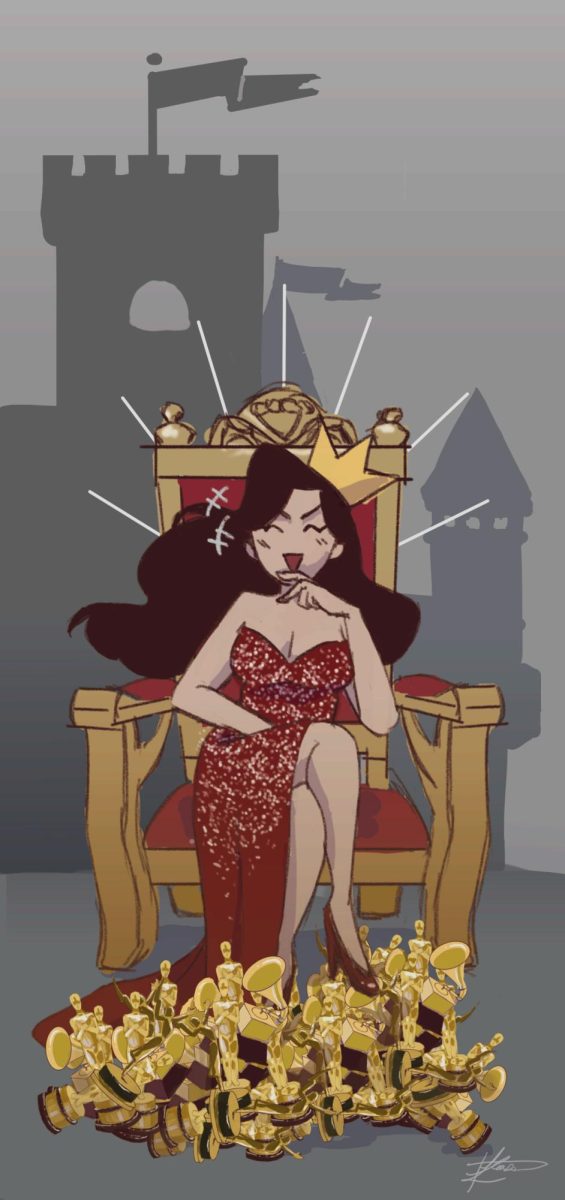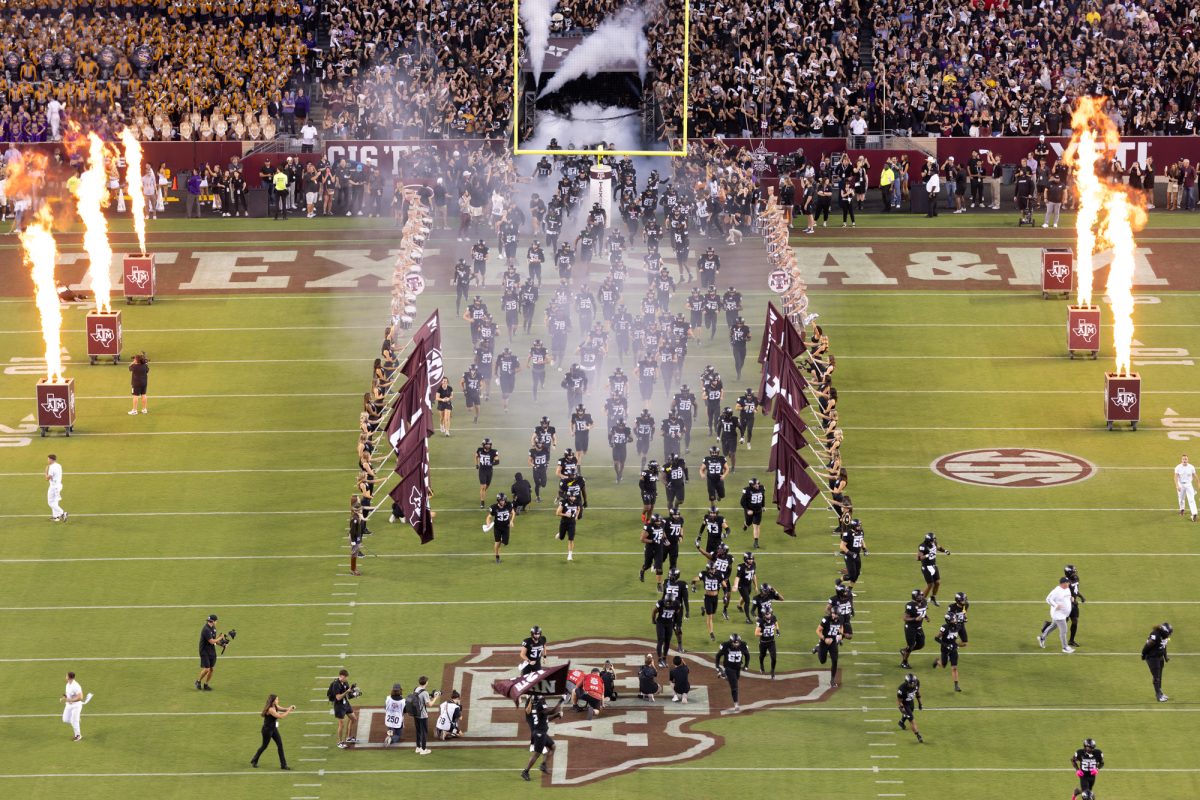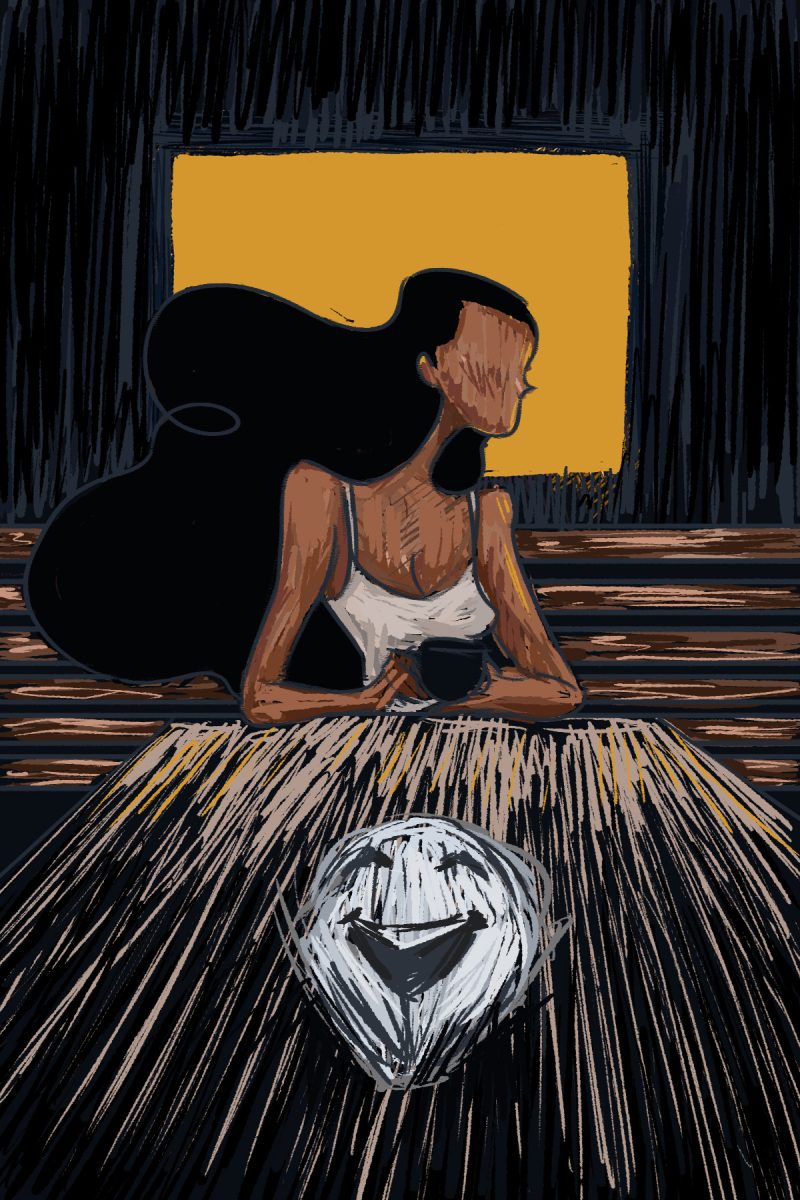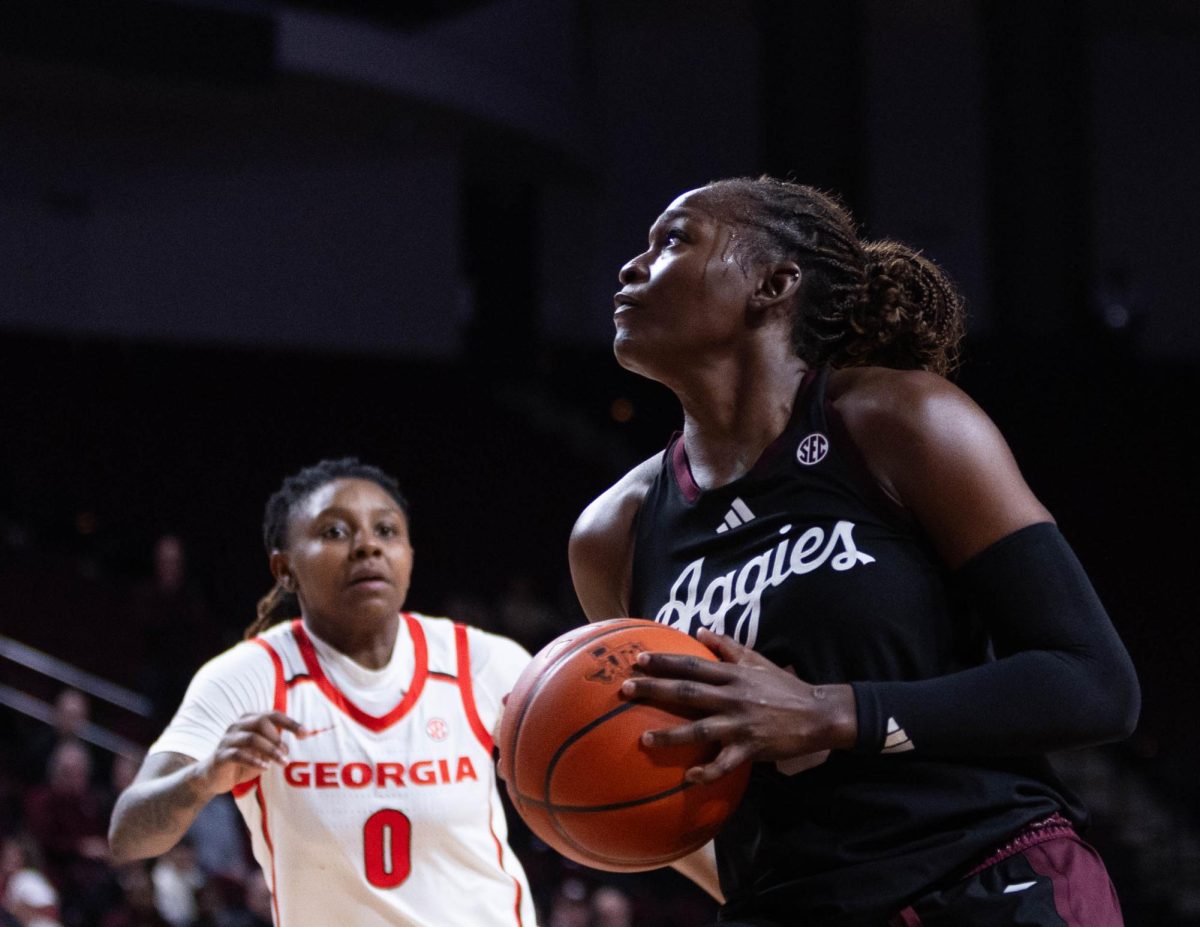What country song was at Billboard’s number one for six straight weeks? Who wrote it? Even two years ago, you would not have guessed that Post Malone, a hip-hop and trap superstar, would write a country song and take number one on Billboard for almost two whole months.
But he did.
The fact of the matter is this: change or die. OK, this may be a heavily exaggerated version of adapt or fall behind, but nevertheless, it’s absolutely true, especially in the modern music industry.
People are simply tired of cliche pop music, written on the foundation of a catchy tune and silly lyrics you just can’t get out of your head. Some of the biggest names of the 2010s to the 2020s are becoming less relevant. Just take a look at the streaming numbers for names like Ariana Grande and Shawn Mendes. Ariana Grande’s newest album, “Eternal Sunshine,” is only her seventh most popular album. Likewise, Shawn Mendes recorded the lowest streams for his latest drop.
So, what’s the actual reason mainstream pop is declining, you may ask?
Pop is boring and uncreative
If you look at the most popular pop songs in the past two decades, a majority are written in 4/4 time with a repetitive chord progression. In other words, it’s like repeatedly wearing the same outfit.
At first, it’s new and cool, but eventually, people have seen enough and get tired of it. Pop songs that dominated global charts and middle school gyms alike are boring — the same words in a different font. Obviously they’re not exactly the same, but the structures are almost indistinguishable. It becomes terribly clear how little effort these “musicians” put into their songwriting.
Pop doesn’t provide people with unique music they can identify with anymore
However, the artists cannot be exactly blamed for this. Since pop became mainstream, it’s slowly become harder for people to distinguish themselves from the music preferences of others. People can’t be unique with their music taste anymore.
This phenomenon has become most visible in the rise of alternative, “alt” music and independent, “indie” music. Just like the fall of the Greek empire was most characterized by the rise of the Roman empire, pop’s music’s decline is best seen through the rise of alt and indie music.
Take Radiohead.
One of the earliest bands to really experiment and change their sound with each album, Radiohead sampled all kinds of sounds and used creative chord structures, even taking inspiration from classical music. Their combination of rock and synth sent shockwaves throughout the modern music world, bringing both avid haters and ardent fans into their sphere of influence.
Even Rex Orange County, with their amplified orchestral strings and dreamlike guitar tunes, similarly garnered a specific and deathly loyal fanbase that resonated with their atypical sounds.
As two behemoths in the alternative genre, Radiohead and Rex Orange County are perfect examples of real beauty and taste. They pave the way for smaller artists, fighting to show their voice through unfashionable but truly original music.
There’s a reason pop doesn’t have extreme fans or haters. Not everyone will like Radiohead, but at least they have enough of a sound to evoke emotions.
Fundamentally, it’s a question of identity, the “who” someone is reflected in their music choices. We want to fit in, but within all humans lies an innate desire to be unique, a little different from our peers. Through hobbies, career, different delegations of time and music taste, one is able to create their own identity.
It’s just harder to identify and show a unique music taste with pop. Others have heard it. People aren’t impressed with the simple musicality. The lyrics aren’t special.
Conversely, alternative and independent music is new. It’s refreshing and relatable. Combinations of offbeat drumming patterns and funky instrument rifts show spunk. It shows personality. Couple the uniqueness of alt and indie music with difficulty in finding smaller artists, and you get a hobby of discovering special, underground artists that can add to a part of one’s musical mosaic.
My roommate is a perfect example. The first question he ever asked me was, “What kind of music do you listen to?” He showed me his playlist filled with all these inimitable, tasteful songs. Throughout our first month together, it became a weekly routine to introduce each other to different non-mainstream songs for hours on end.
In his own words: “My music makes me niche.” He actually hated having his music taste associated with pop music. According to him, it was too “bland, unoriginal and indistinctive.”
At first, I couldn’t understand his obsession with finding little-known music, but I came to realize his music taste was integral to who he was, and for him to be special, his music had to also be special.
Given this, it’s no wonder artists like Post Malone have begun to branch out, realizing the importance of pop to identity. So, the next time you hear a country song on the Billboard Hot 100, check the artist — it might be your favorite 2010 pop singer adapting to survive — change or die.
Daniel Fu is a finance sophomore and opinion writer for The Battalion.






















